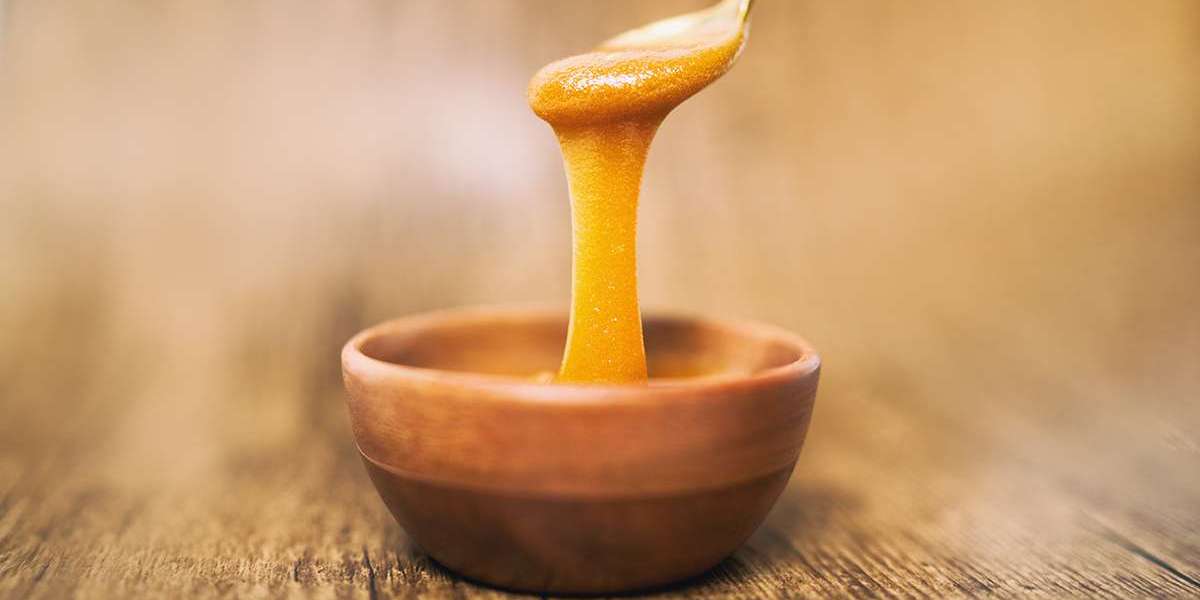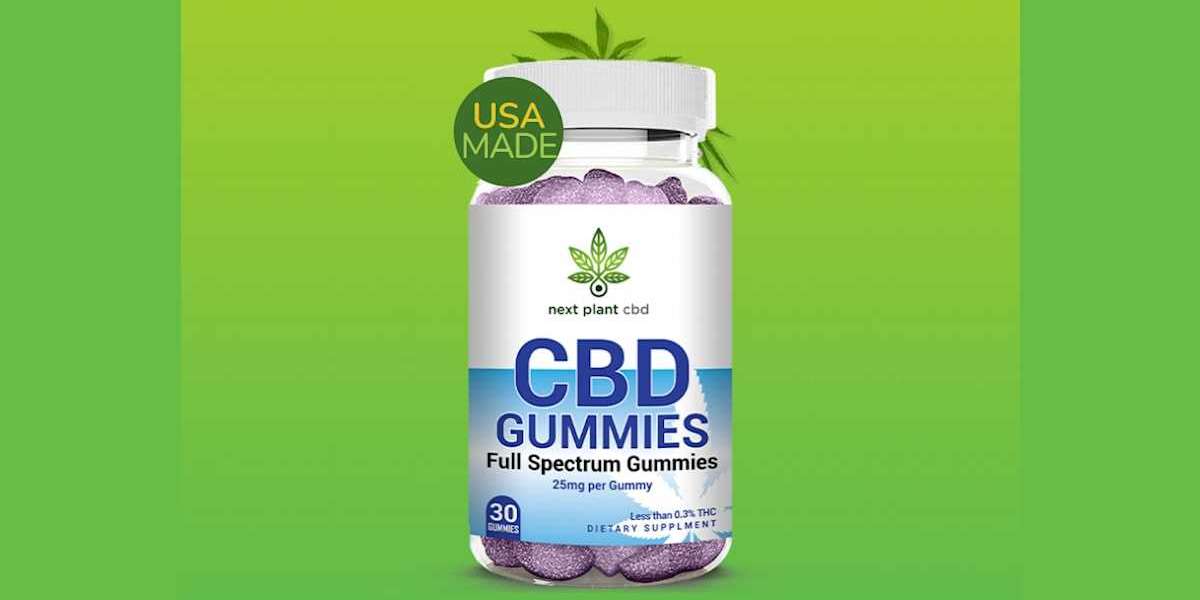Introduction
In recent years, there has been a buzz surrounding the remarkable properties of manuka honey. Renowned for its unique taste and unparalleled health benefits, this golden elixir has been capturing the attention of health enthusiasts and researchers alike. Join us on an enlightening journey through the world of manuka honey, exploring its origins, uses, and the science behind its extraordinary properties.
The Origins of Manuka Honey
Manuka honey originates from the nectar of the Leptospermum scoparium plant, native to New Zealand. This indigenous shrub, commonly known as the manuka tree, thrives in the pristine landscapes of New Zealand's remote regions. The bees that forage on these blossoms produce a honey with exceptional antibacterial properties, setting manuka honey apart from its counterparts.
Unlocking Nature's Healing Power
Manuka honey is celebrated for its potent antibacterial, anti-inflammatory, and antioxidant properties. Rich in methylglyoxal (MGO), a compound renowned for its antimicrobial effects, manuka honey offers a natural solution for various health concerns. From soothing sore throats to promoting wound healing, the therapeutic benefits of manuka honey are truly remarkable.
Harnessing the Benefits of Manuka Honey
Incorporating manuka honey into your daily routine can offer a myriad of health benefits. Whether consumed orally or applied topically, this versatile honey can support overall well-being and vitality. Manuka honey is commonly used to alleviate digestive issues, boost immunity, and enhance skin health. Additionally, its antimicrobial properties make it an effective remedy for treating minor wounds, cuts, and burns.
Manuka Honey: A Natural Superfood
Unlike refined sugars and artificial sweeteners, manuka honey boasts a unique nutritional profile packed with essential vitamins, minerals, and enzymes. This natural superfood is a rich source of antioxidants, which play a crucial role in combating oxidative stress and inflammation in the body. Incorporating manuka honey into your diet can provide a flavorful way to support your immune system and promote overall health.
Exploring the Grading System
Manuka honey is renowned for its unique grading system, which denotes the potency and quality of the honey. The Unique Manuka Factor (UMF) and Methylglyoxal (MGO) ratings are commonly used to assess the antibacterial activity of manuka honey. These ratings indicate the concentration of methylglyoxal in the honey, with higher ratings corresponding to greater potency and therapeutic benefits.
The Rise of Manuka Honey in Wellness Trends
In recent years, manuka honey has emerged as a prominent player in the global wellness industry. Its growing popularity can be attributed to increasing consumer awareness of natural remedies and holistic health practices. As more people seek alternatives to conventional medicine, manuka honey has become a staple in health-conscious households worldwide.
Incorporating Manuka Honey into Your Lifestyle
Integrating manuka honey into your daily routine is simple and effortless. Whether enjoyed as a spread on toast, stirred into tea, or used as a natural sweetener in recipes, there are countless ways to reap the benefits of this golden elixir. For topical applications, consider incorporating manuka honey into your skincare routine or using it as a healing balm for minor cuts and abrasions.
FAQs (Frequently Asked Questions)
What sets manuka honey apart from traditional honey? Manuka honey contains high levels of methylglyoxal (MGO), a potent compound responsible for its exceptional antibacterial properties. Unlike traditional honey, manuka honey undergoes rigorous testing to ensure its quality and potency.
Can manuka honey help with digestive issues? Yes, manuka honey is renowned for its soothing properties and can help alleviate symptoms of indigestion, acid reflux, and gastritis. Its antimicrobial properties also make it effective in combating harmful bacteria in the digestive tract.
Is manuka honey safe for children and infants? While manuka honey is generally safe for adults, it is not recommended for infants under the age of one due to the risk of botulism. Children over the age of one can safely consume manuka honey, but it is always advisable to consult with a healthcare professional before introducing it into their diet.
How should manuka honey be stored? To preserve its potency and flavor, manuka honey should be stored in a cool, dry place away from direct sunlight. Avoid storing it in the refrigerator, as this can cause crystallization and alter its texture.
Can manuka honey be used topically? Yes, manuka honey is commonly used topically to promote wound healing, soothe skin irritations, and improve overall skin health. Its antibacterial and anti-inflammatory properties make it an effective natural remedy for various skin conditions.
Is there a difference between UMF and MGO ratings? While both UMF and MGO ratings indicate the potency of manuka honey, they measure slightly different aspects. The UMF rating assesses the overall quality and antibacterial activity of the honey, while the MGO rating specifically measures the concentration of methylglyoxal.
Conclusion
In conclusion, manuka honey stands as a testament to the remarkable healing power of nature. With its potent antibacterial properties, rich nutritional profile, and versatile applications, manuka honey offers a holistic approach to health and well-being. Whether enjoyed as a nutritious sweetener or used as a therapeutic remedy, manuka honey continues to captivate the hearts and minds of health enthusiasts worldwide.









